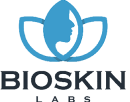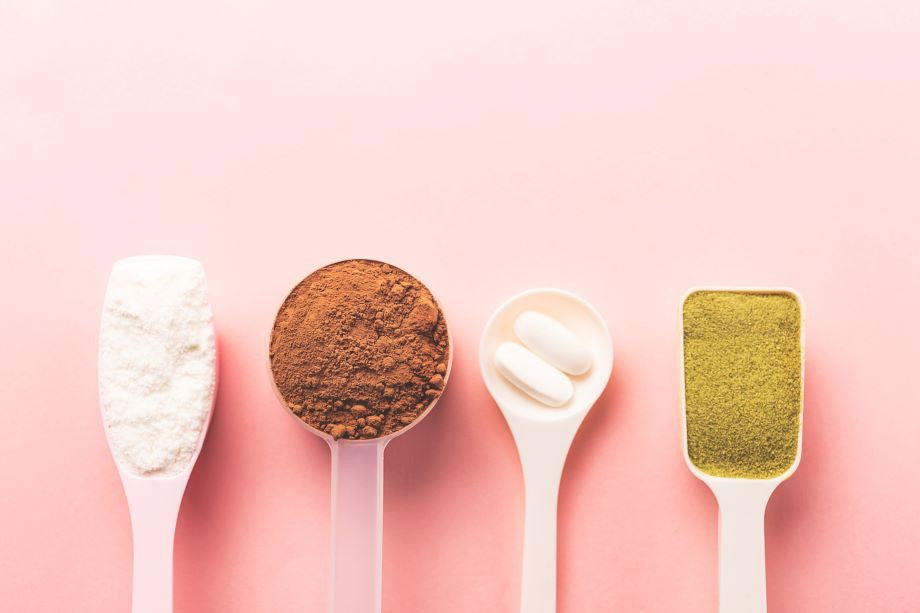Collagen production naturally declines with age. Furthermore, collagen fragments and becomes more loosely distributed. These changes result in typical aging signs of wrinkles and dry, sagging skin. The integrity of collagen found in the skeletal system also declines with age, resulting in decreased bone strength.
While collagen loss and damage are unavoidable as you age, specific dietary and lifestyle factors can hasten the process. Cigarette smoking, for example, is known to degrade collagen and cause skin aging, wrinkles, and loss of elasticity. Excessive drinking has also been shown to hasten skin aging by decreasing collagen production and harming skin repair mechanisms.
A diet with high sugar or extra processed foods can promote glycation, leading to premature aging. This reduces collagen turnover and interferes with collagen’s ability to interact with surrounding cells and proteins. Excessive sun exposure also reduces collagen production, so wearing sunscreen and avoiding excessive sun exposure can help prevent premature skin aging.

How to Increase Collagen Production Naturally?
A good night’s sleep equals a good complexion:
Because good sleep promotes good skin, the formula is spot on. Beauty sleep is proper because it is directly related to glowing skin and the production of human growth hormones. Collagen levels in the body rise once you begin getting enough sleep at night. It is important to note that collagen production requires at least 7 hours of sleep.

Weighting:
Lifting weights may appear to be related to collagen production. However, one crucial truth is that lifting heavy weights increases collagen in bones. It would be best to focus on various workouts to increase collagen production. Activities that promote collagen production include squats, rows, bench presses, and deadlifts. The high-intensity movement stimulates collagen production.

Fasting for Water Only:
Does this sound strange? Water-only fasting is recommended to increase collagen production in your body. Drink only water for the next 18 hours, and don’t eat anything else. It is advised to drink water for an hour or so, but only water.
When you fast for water only, your body enters a phase known as Autophagy. This phase degrades all proteins and collagen produced by the body. After the fast, prepare a complete healthy meal, resulting in increased collagen production.

Steam Bath Treatment:
You can’t even imagine increasing collagen production in this manner. Steam therapy, also known as sauna therapy, has been shown in studies to increase HGH and collagen production. Because waves produced by desiccated infrared sauna penetrate deep within the body, it is ideal. The more collagen produced, the deeper they go.

Why Should You Prioritize Food?
“Foods like bone broth contain a bioavailable form of collagen that your body can use immediately, making it arguably superior to supplements,” says Carrie Gabriel, a registered dietitian. According to a 2012 review on nutrition and ageing, fruits and vegetables are the safest and healthiest way to improve skin health.
Furthermore, because over-the-counter supplements are mainly unregulated, sticking to a dietary approach to collagen boosting is probably safer.
Eating collagen-rich foods or foods that stimulate collagen production may also aid in the production of building blocks (amino acids) required for your skin goals. “Proline, lysine, and glycine are three amino acids important for collagen synthesis,” says registered dietitian and beauty expert Katey Davidson, MScFN, RD. The skin is soft when collagen levels are high. Collagen aids in the renewal and repair of skin cells. The skin is affected by both the quantity and quality of collagen.
 Log in
Log in
